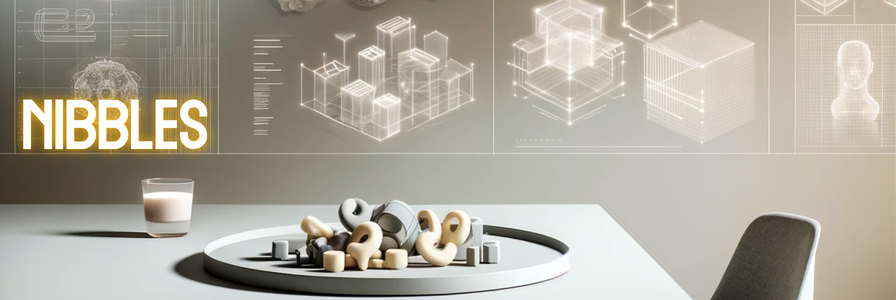Welcome back to AI Hungry, where we break down the latest developments shaping the AI landscape. This week, Microsoft reveals a suite of AI tools at Build 2025, targeting both researchers and developers with new platforms and open-source initiatives that promise seamless integration and collaboration.
Meanwhile, OpenAI launches Codex, a cloud-based coding agent poised to transform software engineering by automating key development tasks. Dive in for insights on how these innovations are redefining productivity and workflow management in AI-driven environments.

Microsoft Unveils New AI Platforms and Tools at Build 2025 to Boost Research and Developer Productivity
At Build 2025, Microsoft introduced several new AI tools and platforms aimed at making research and development easier for businesses and developers. Key highlights include the Discovery platform, which helps researchers use AI agents to analyze data, generate hypotheses, and run simulations—all controlled by natural language. Microsoft also launched new features for Copilot Studio, allowing multiple AI agents to collaborate on complex business tasks and interact directly with desktop apps or websites.
The company announced Windows AI Foundry for running AI models locally and Azure AI Foundry for cloud-based deployment, creating a flexible bridge between local and cloud AI workflows. Microsoft is also supporting open standards like the Model Context Protocol (MCP) for easier data exchange, and introduced NLWeb, an open-source project that lets websites add natural language interfaces using any AI model. These updates aim to make AI integration more accessible and powerful across industries.

OpenAI Launches Codex: A Cloud-Based AI Coding Agent for Developers
OpenAI has introduced Codex, a new AI-powered coding agent designed to help developers automate and manage software engineering tasks. Unlike traditional code autocomplete tools, Codex acts more like an asynchronous teammate, running tasks such as debugging, testing, and code refactoring in secure, isolated cloud environments. It provides detailed logs and test outputs for transparency, and can follow project-specific instructions through AGENTS.md files.
Codex is now available to ChatGPT Pro, Enterprise, and Team users, with broader access coming soon. Early users report faster feature development and easier handling of repetitive tasks. OpenAI emphasizes security, as Codex operates without internet access and only interacts with provided code. The company sees Codex as a step toward transforming software engineering by allowing developers to delegate more complex work to AI agents.


🛡️ New Law Targets Revenge Porn and Deepfake Abuse Online. President Trump signed the Take It Down Act, making it a federal crime to share nonconsensual explicit images, including AI-generated deepfakes. Social platforms must now remove flagged content within 48 hours, marking a major shift in online protections. (Link)
🎧 Google Launches AI Note-Taking App with Audio Summaries on Mobile. Google has released a mobile version of its AI-powered NotebookLM app for Android and iOS. The app lets users create and manage notebooks, add content from various sources, and listen to offline audio summaries. More features are coming soon. (Link)
🧬 Taiwan Unveils Powerful Nvidia-Powered Supercomputer for AI and Science. Taiwan is launching a new Nvidia-based supercomputer at its National Center for High-Performance Computing. This system will boost AI, climate, and quantum research, supporting local language models, scientific simulations, and advanced quantum computing projects across the country. (Link)
🎭 Jazz, Bots, and Billion-Stream Deception: The Wild Rise and Fall of an Unlikely Duo. Mike Smith and Jonathan Hay, an odd jazz duo, briefly topped the charts before their music vanished amid suspicions of streaming fraud. Smith was later charged in a $10 million scheme using bots and AI-generated tracks, exposing a major music industry scandal. (Link)
🔍 Apple Considers Alibaba AI for iPhones Amid US-China Tech Tensions. Apple may use Alibaba's AI features on iPhones in China because US-based AI like OpenAI is not allowed there. US officials are concerned this could boost China's AI sector, increase censorship, and make Apple more reliant on Chinese technology. (Link)
🌳 Duke Researchers Give Robots a Human-Like Sense of the Outdoors. Duke University scientists have developed WildFusion, a system that lets robots use vision, vibration, and touch to navigate complex outdoor environments. This technology helps robots move confidently through forests and rough terrain, much like humans do. (Link)



